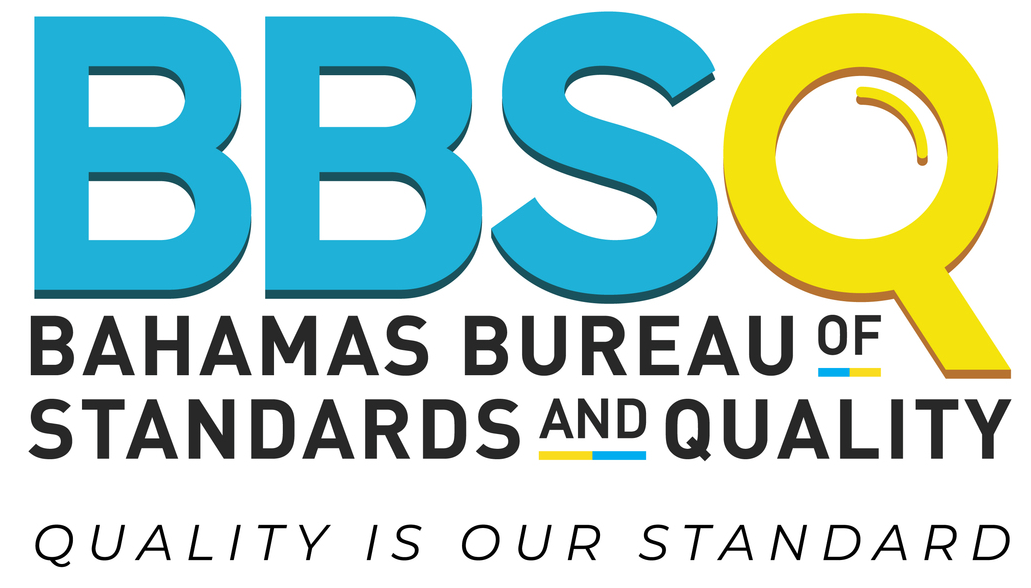ISO/TR 29381:2008 describes methods for evaluating tensile properties of metallic materials (true stress-strain curve and derived parameters) using an instrumented indentation test.
The ranges of application of instrumented indentation tests are in line with the classification of ISO 14577-1:2002, but the range of force recommended is from 2 N to 3 kN.
ISO/TR 29381:2008 includes the following three methods, all of which are sound in principle, are capable of practical use and are appropriate for the specified materials.
- Method 1: representative stress and strain;
- Method 2: inverse analysis by FEA;
- Method 3: neural networks.
In every method, tensile curves are derived from the experimentally measured indentation force-depth curve, from which indentation tensile properties are evaluated. The three methods described all need different user strategies and abilities to obtain the indentation tensile properties. The information required differs for each method, and is described in detail.
The main assumption in the three methods is the absence of residual stress within the test piece. Existing residual stress can affect the estimation of indentation tensile properties. A procedure for evaluating residual stress using an instrumented indentation test is given for reference.
